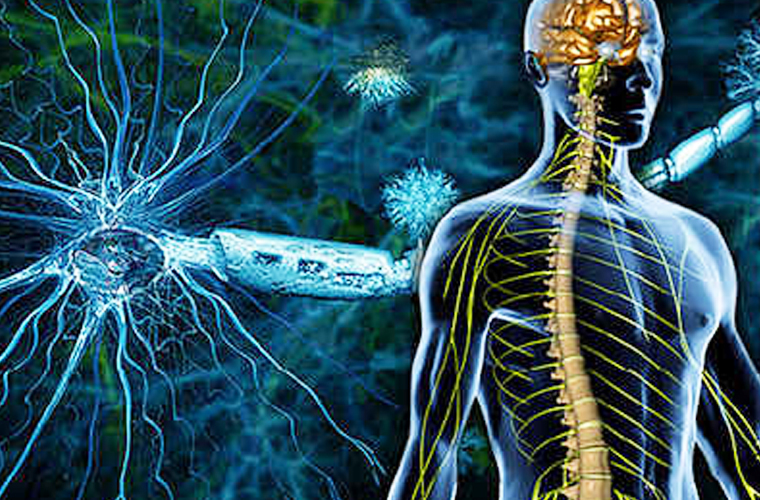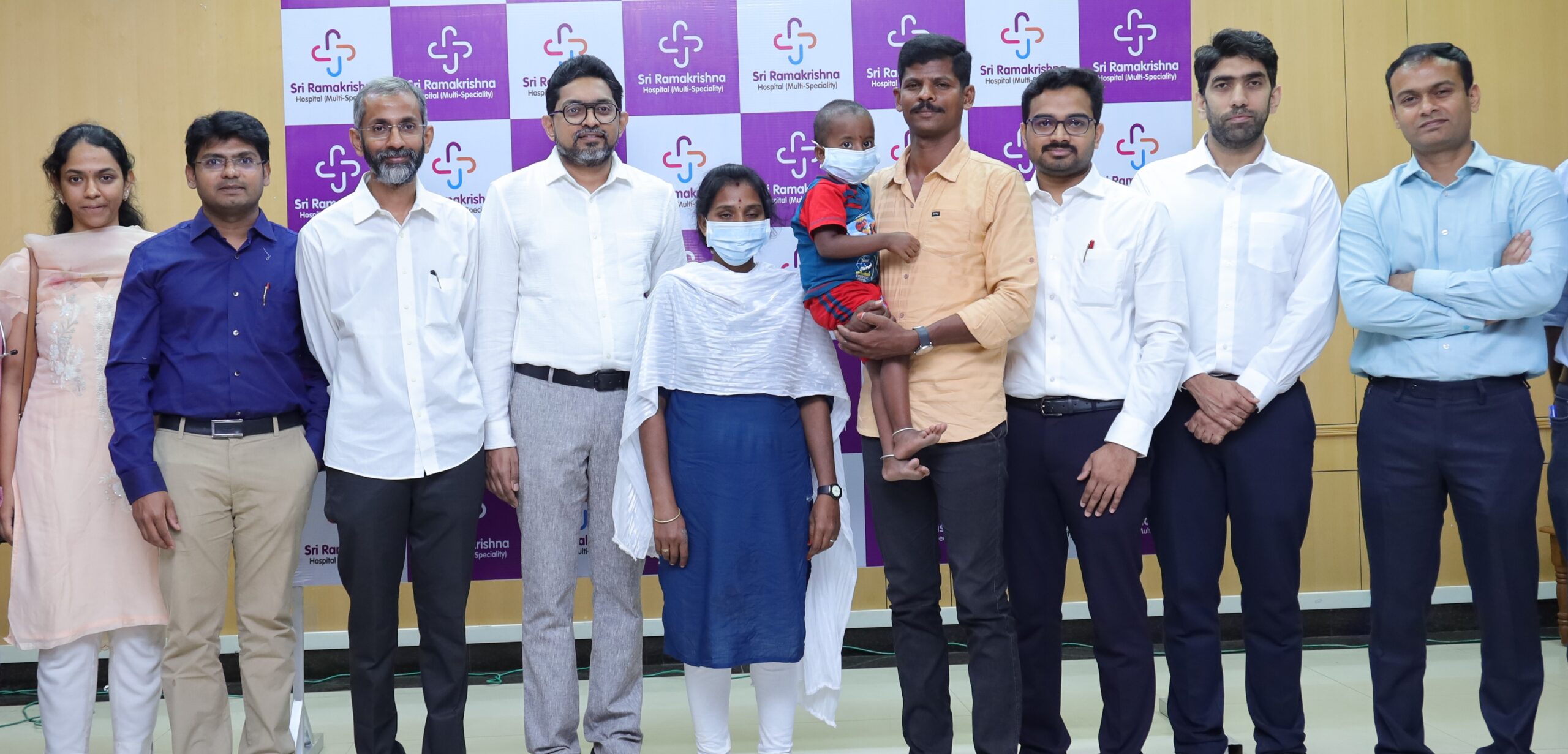Trending Now
- 830 voters names go missing in Kavundampalayam constituency
- If BJP comes to power we shall consider bringing back electoral bonds: Nirmala Sitaraman
- Monitoring at check posts between Kerala and TN intensified as bird flu gets virulent in Kerala
Coimbatore
All you need to know about Multiple Sclerosis
![]() August 18, 2017
August 18, 2017
Shanti Roy was in a high profile corporate job. Balancing work and home with elan. She had her first episode of MS when she was in early 40s. Little did she know about what was happening to her. She couldn’t hold things, she couldn’t concentrate, her limbs were getting weak–she thought this was just weakness that was consuming her. So, she took a break and consulted the doctor. It was after a plethora of tests that she came to know of MS (Multiple Sclerosis). She couldn’t join back work after that. But she read up as much possible on this disease,and with the right amount of care and support is happy and engaged with multiple things. It is strange that most of us still don’t know what MS is, how does it happen , eventhough there are 2.3 million MS patients in the world and 2 Lakh patients in India. A number such huge as this, it is shocking to know of such little awareness. “Multiple sclerosis is an immune mediated, inflammatory disease of the CNS.
It attacks myelinated nerve cells. The hallmark of MS is repeated symptomatic episodes that affect different parts of the CNS and produce a variety of symptoms. Some patients experience steadily progressive neurological symptoms,” explains Dr. Jaychandran R ,Consultant Neurologist, Vikram Hospital, Bengaluru. Shanti told me how it took time for the doctors to arrive at the diagnosis. “ MS is diagnosed based on clinical features and MRI. Supportive investigations like CSF analysis and evoked potential studies are also helpful. MS should not be diagnosed after single episode of demyelination,” Dr Jaychandran elucidates. The disease is such that it can affect anyone, but there are some patterns. “More than two to three times as many women as men develop MS and this gender difference has been increasing. Studies suggest that genetic risk factors increase the risk of developing MS, but there is no evidence that MS is directly inherited. Environmental factors, such as low Vitamin D and cigarette smoking have also been shown to increase the risk of MS.
MS occurs in most ethnic groups, including African-Americans, Asians and Hispanics/Latinos, but is most common in Caucasians of northern European ancestry,” says Dr P Ragavan, Consultant Uma Clinic. Though causes can’t be pin pointed accurately, but Multiple factors have been implicated.”Most likely causation is due to combination of genetic and environmental factors,” says Dr Jaychandran. The bad news is that,MS can’t be cured entirely,but “there are now FDA-approved medications that have been shown to modify the course of MS by reducing the number of relapses and delaying progression of disability to some degree,” concludes Dr Ragavan.
(The name of the patient has been changed to protect the identity)























